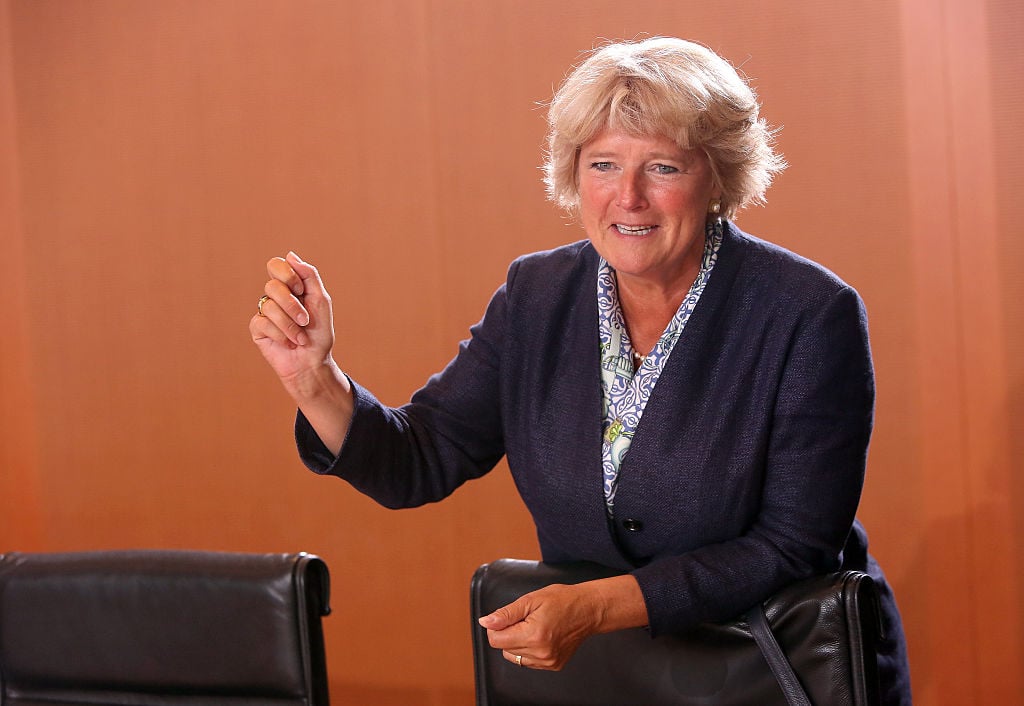Law & Politics
Germany Announces Reform of Controversial Limbach Commission
It has restituted only 13 artworks since 2003.

It has restituted only 13 artworks since 2003.

Henri Neuendorf

German culture minister Monika Grütters announced on Friday the reform of the Limbach Commission, which adjudicates cases of Nazi-looted art.
Since 2003, the Limbach Commission has handled restitution disputes, following the country’s adoption of the Washington Principles, a set of non-binding restitution guidelines, in 1998.
The eight-person commission, which is headed by the former constitutional judge Jutta Limbach, has been criticized by the press and public for its inaction; 13 years after its founding, for example, the commission has restituted a mere 13 artworks. According to the Art Newspaper, the Dutch Restitutions Committee “has issued more than 140 [works of art] since 2002.”
Additionally, the Limbach Commission has come under fire for failing to include any Jewish members. According to Frankfurter Allgemeine Zeitung, Grütters has previously stated that Jewish adjudicators could be faced with a “potential conflict of interest.”

German culture minister Monika Grütters. Photo: Adam Berry/Getty Images.
However, an open letter signed by several legal representatives of Jewish heirs of Nazi looted artworks, and a meeting with World Jewish Council president Ronald Lauder, prompted Grütters to change her stance.
DW reported that Grütters announced her intention to appoint two Jewish members to the commission to help strengthen the position of claimants. To aid transparency, she plans to publish the commission’s agenda online and provide additional funding to support external evaluations. She also stated that members would no longer serve for life, but be restricted to a fixed term.
The commission has reportedly already been informed about the impending changes, which will take place before fall 2016.